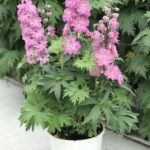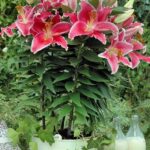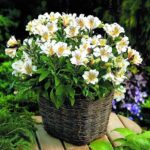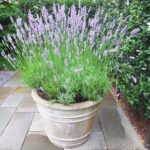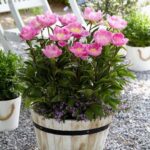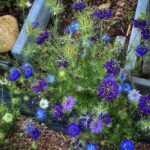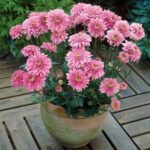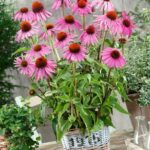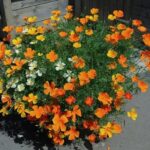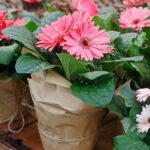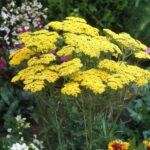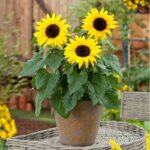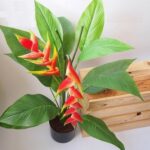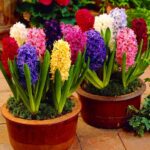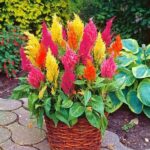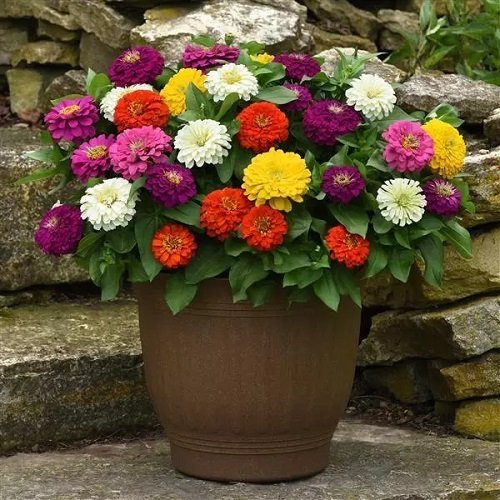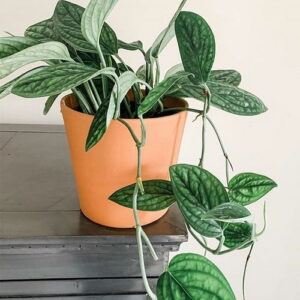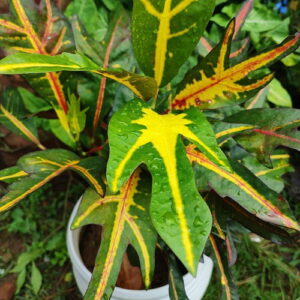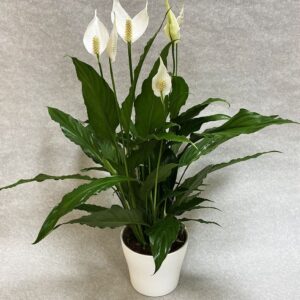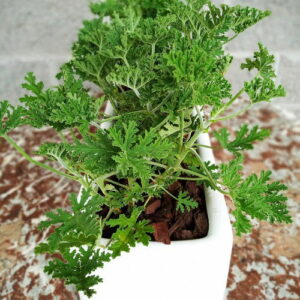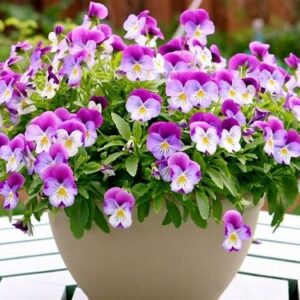Top Cutting Garden Flowers
A cut flower bed – a dedicated area for growing cut flowers – allows you to enjoy your own home-grown blooms from late winter to late fall.
If you like to bring the outside in, pick a few flowers from your garden to admire on the kitchen table, or add atmosphere to a dinner party, then consider starting a small cut flower garden.
There’s no denying that blooms generally last longer outside. Once they are cut, their lifespan is often shortened, leading many gardeners to leave them outside to enjoy and instead purchase imported flowers from around the world. However, this is expensive and creates a disconnect from the seasonal moment that is happening right outside in our back gardens.
• Plant a cut flower garden
For a dedicated cut flower bed, find a spot where you can create a few long, linear beds measuring about three feet by three feet. A meter wide is perfect and provides easy access for planting, weeding and picking throughout the bed without having to walk on it. Ideally, this room should get a lot of sun. Use one bed for annuals and one for perennials.
Next, consider taking the “no-dig approach” to creating your beds. This method is best for soil health and ultimately results in happier and healthier blooms. Alternatively, you may prefer the look of raised beds. There are many great suppliers, but you can also make your own scaffolding from recycled scaffolding boards.
Best cut flowers for the cut garden
1. Ageratum
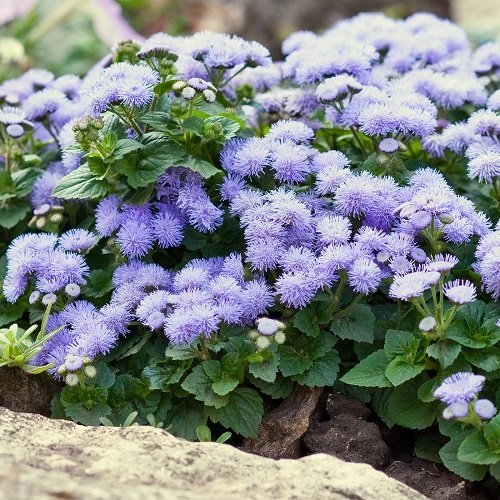
Botanical name: Ageratum houstonianum
Also known as floss flower, Its fine-haired, velvety and lavender to purple flowers are an eye-catcher.
2. Alliums
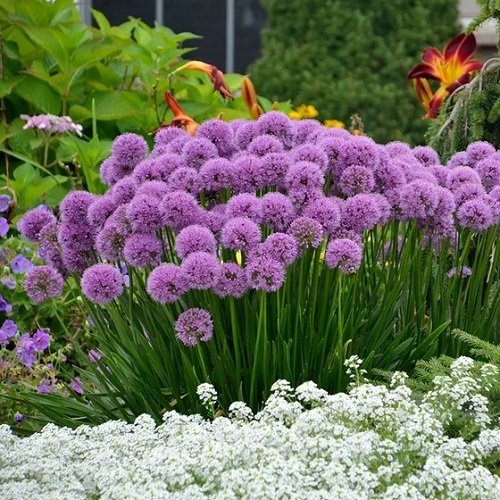
Botanical name: Leek
Although onions, shallots and garlic belong to the Allium family, it also includes many types of ornamental flowers that can be grown as cut flowers. You can find their names here.
3. Aster
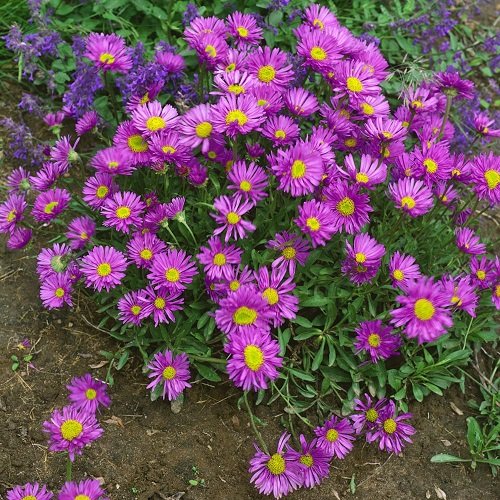
Botanical name: Astereae
This daisy-like perennial has star-shaped flower heads. This beautiful cut flower blooms in summer and autumn in colors of blue, purple, white, red and pink.
4. Bird of paradise
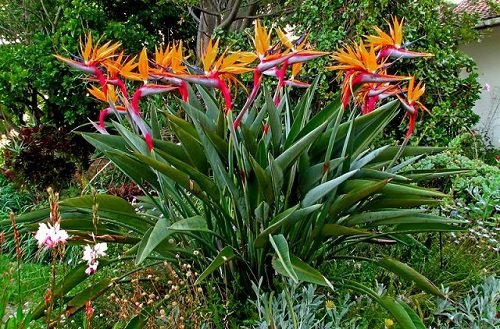
Botanical name: Strelitzia reginae
It lives up to its name with the striking colors and unusual shape of the flowers, which look like a bird is about to fly.
5. Black-Eyed Susan
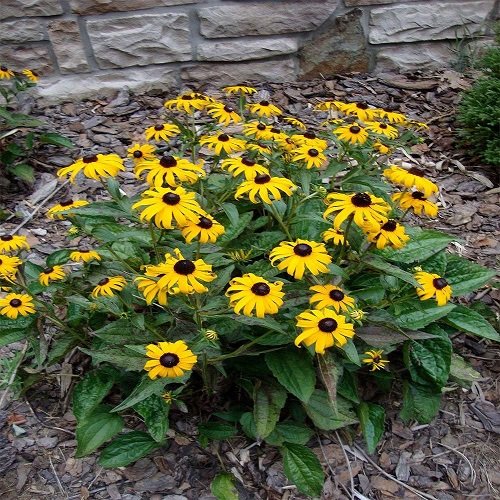
Botanical name: Rudbeckia hirta
These golden yellow beauties are commonly found in open fields in North America from June to October.
6. Shining stars
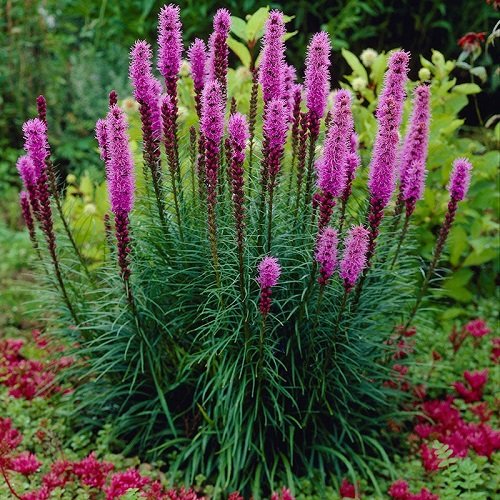
Botanical name: Liatris spicata
The long, strong flower stalks make it one of the best cut flowers.
7. Ranunculus
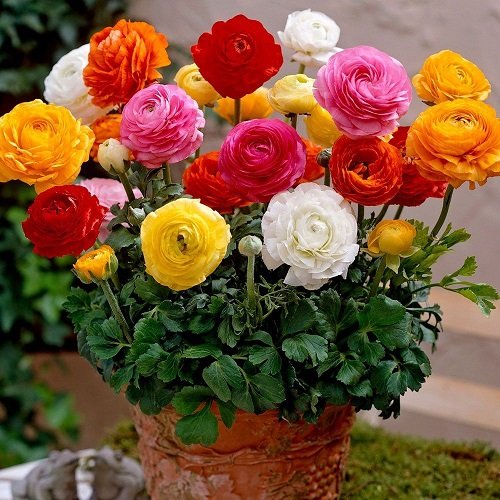
Botanical name: Ranunculus
Ranunculus are popular with florists and wedding bouquet designers.
8. Cloves
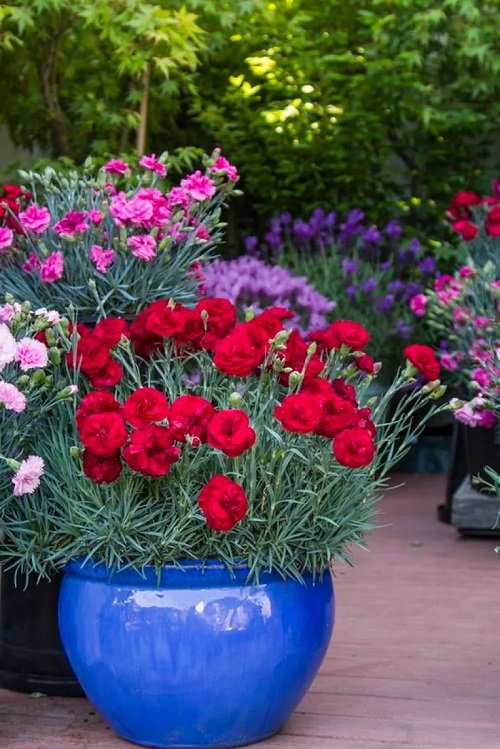
Botanical name: Dianthus caryophyllus
These flowers have long been used to express feelings for loved ones and are particularly in demand for Valentine’s Day.
9. Chinese lantern
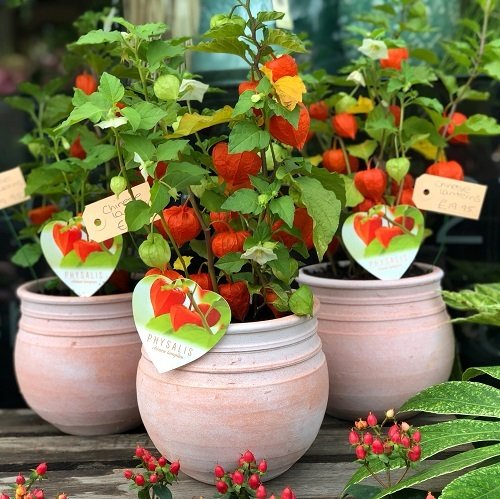
Botanical name: Physalis alkekengi
The green-colored, papery pods turn a pretty bright shade of orange and look like a lantern.
10. Cosmos
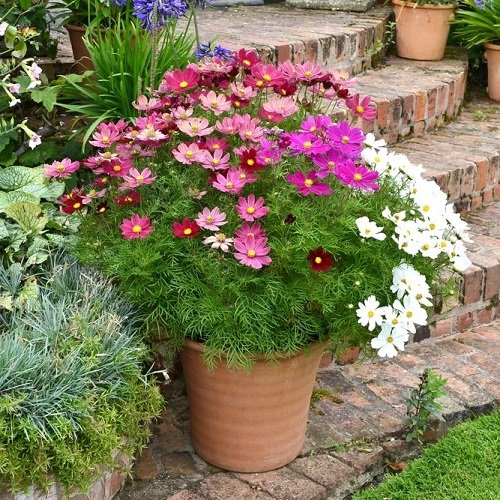
Botanical name: Cosmos bipinnatus
The evenly spaced petals in pink, red, white, lavender, orange or chocolate give it an elegant look.
11. Daffodil
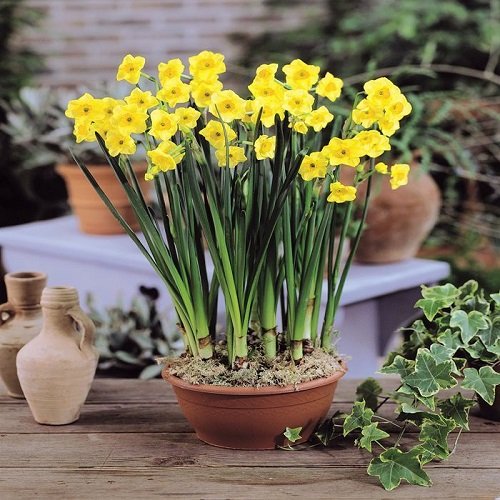
Botanical name: daffodil
There are many legends about this flower and it usually blooms in early spring and spring.
12. Dahlia
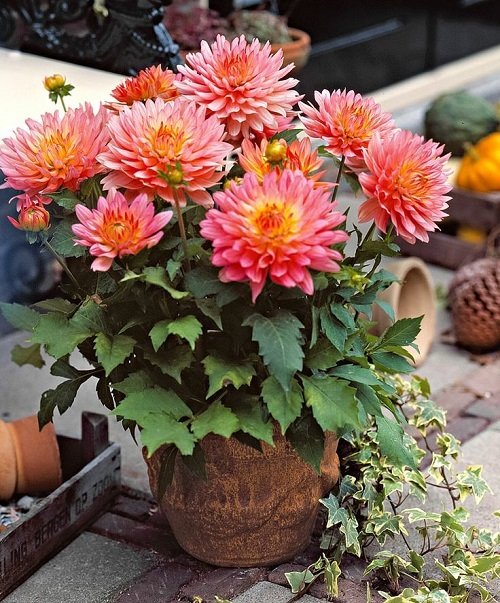
Botanical name: dahlia
If you thought we might miss itsplendid‘ Dahlias in this list of Cutting flowers-Here we are!
13. Gladiolus
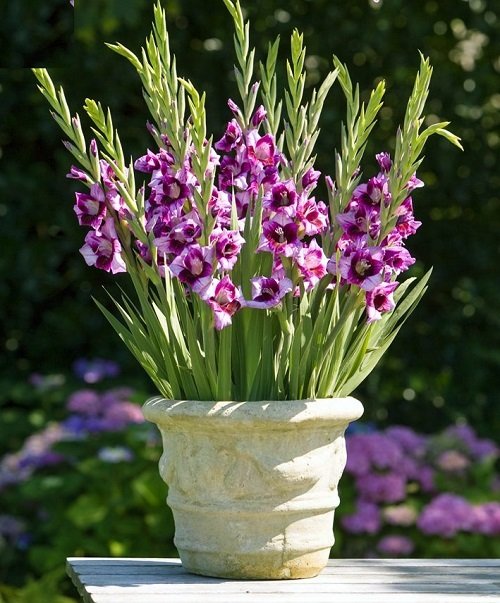
Botanical name: gladiolus
The flower head is mounted on tall flower stalks over 90 cm high and has a color range from garnet red, pink, yellow, cream and coral to green.
14. Heath
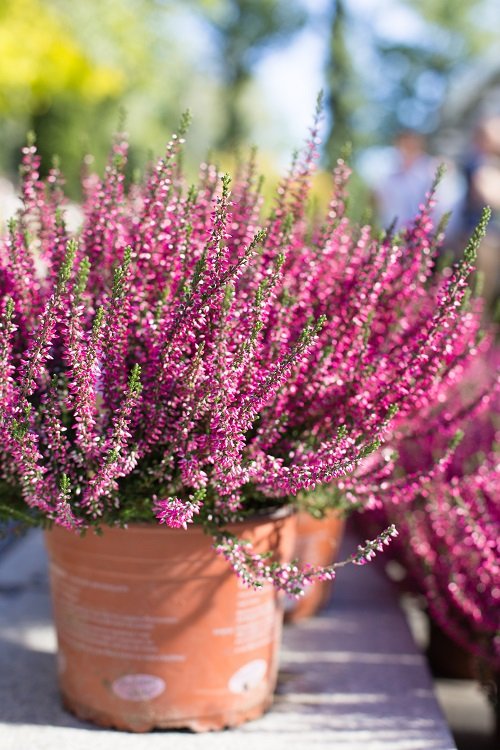
Botanical name: Calluna vulgaris
Protection, happiness and loneliness are some of the qualities that heather symbolizes. Traditionally the flowers were used in Swedish herbal medicine.
15. Lace flower
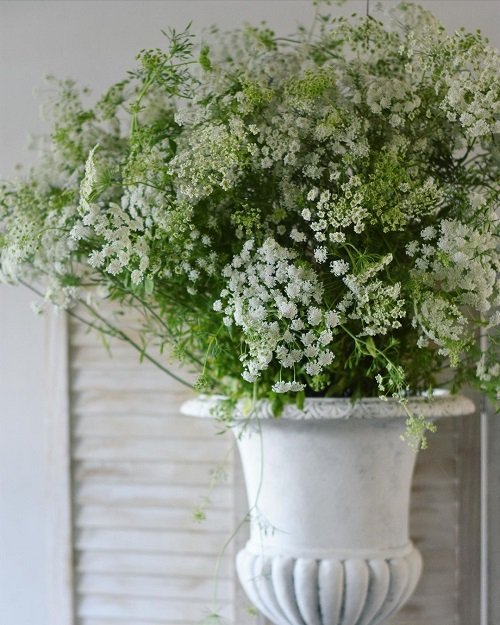
Botanical name: Ammi majus
Clusters of small white flowers cover the greenery when it blooms. As a cut flower it looks magnificent and has a vase life of around 10 days.
16. Larkspur
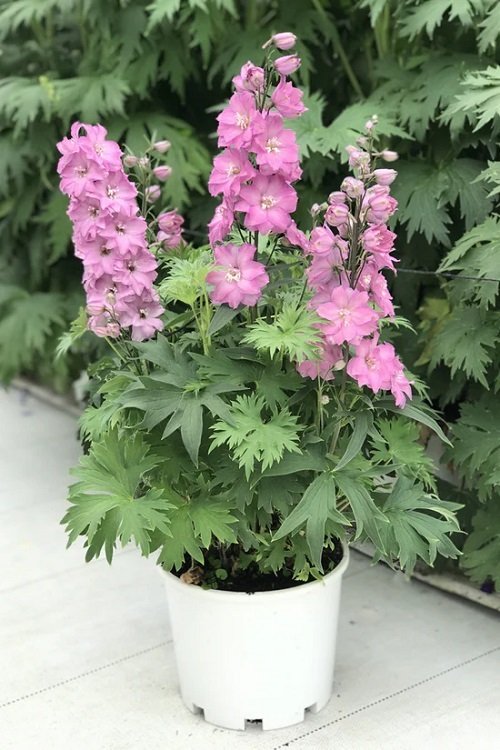
Botanical name: delphinium
It is popular with florists due to the vertical arrangement of the showy purple to blue flowers on the stems.
17. Lavender
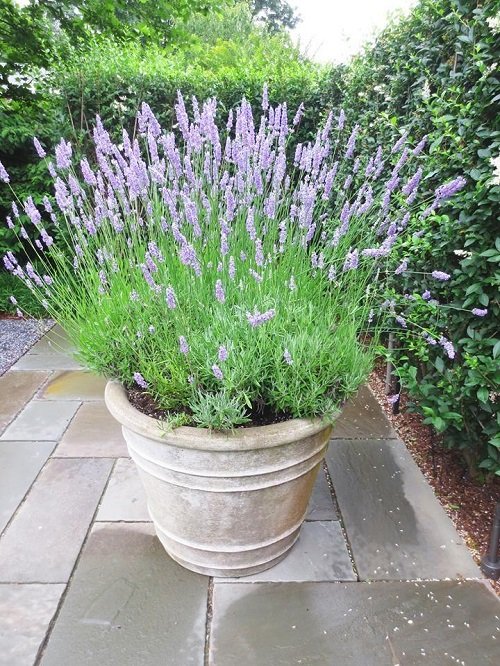
Botanical name: Lavandula
The fragrant flowers offer a wide range of uses in the craft, culinary and medical sectors. Learn how to grow lavender.
18. Large-flowered tick seed
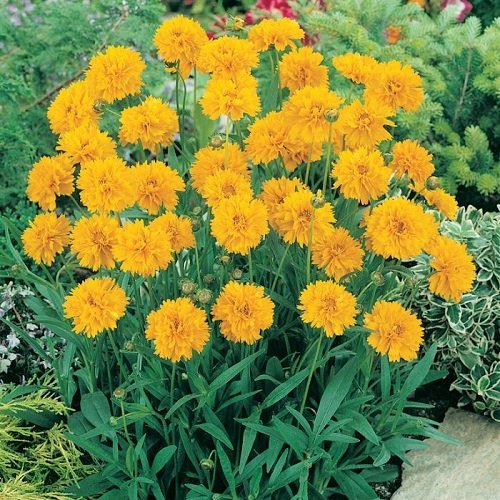
Botanical name: Coreopsis grandiflora
If size is important to you, choose this large daisy-like flower that will brighten your mood with its bright color.
19. Lily
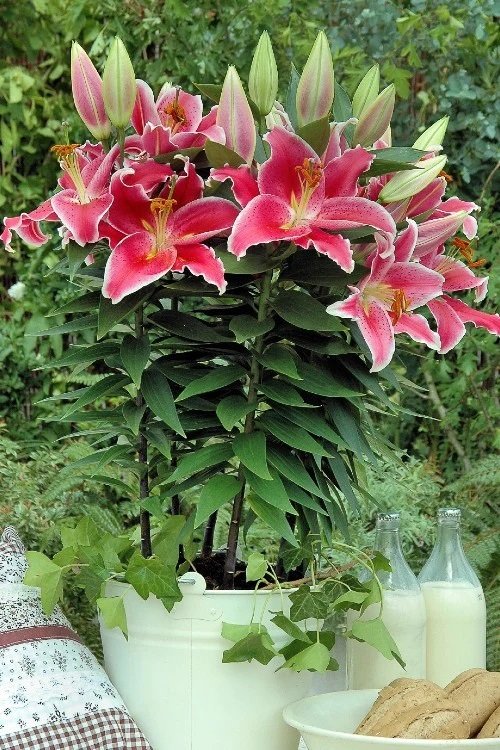
Botanical name: Lilium
There are many varieties of lilies you can grow to add to your floral arrangements, but oriental lilies are best for fragrance.
20. Lily of the Incas
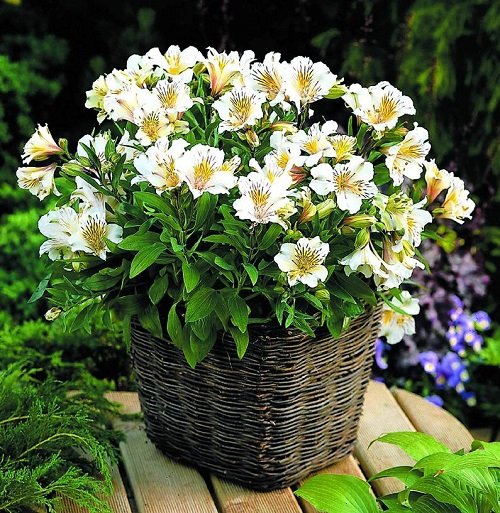
Botanical name: Alstroemeria
Also known as the parrot lily, it symbolizes wealth, prosperity and luck and has a long vase life of around two weeks.
21. Lisianthus
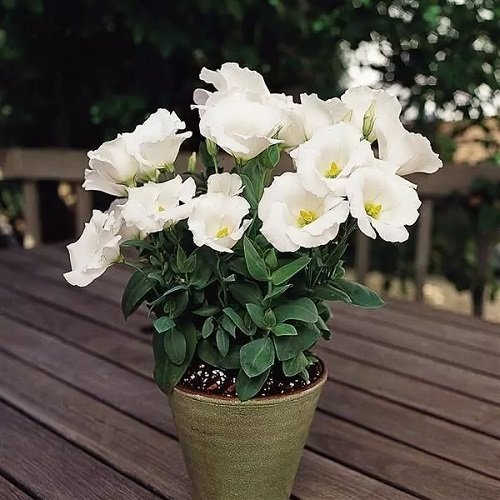
Botanical name: Eustoma
These rose-like flowers shine magnificently on special occasions and are mainly used in bridal bouquets.
22. Love in the fog
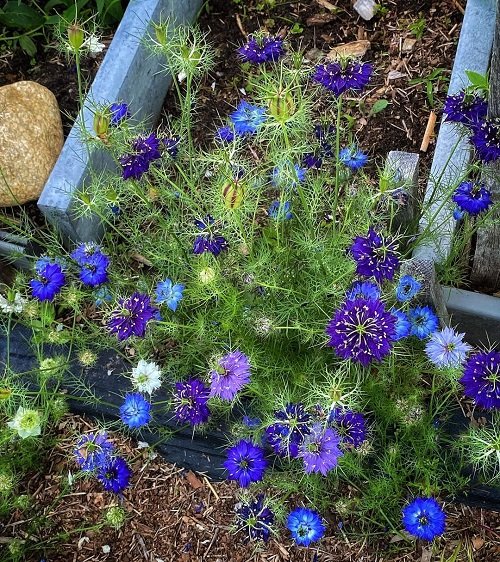
Botanical name: Nigella damascena
A network of bracts envelops the paper-like structured flower with petals in enchanting shades of blue, white, pink and lavender.
Also read: Best blue flowers
23. Love Lies Bleeding
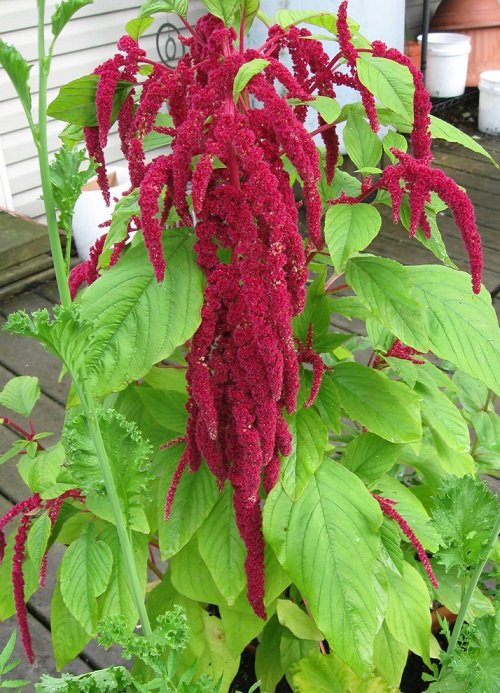
Botanical name: Amaranthus caudatus
It’s big and eye-catching! What about the long tail of the flower head that hangs from the top and is completely covered in crimson flowers?
24. Peony
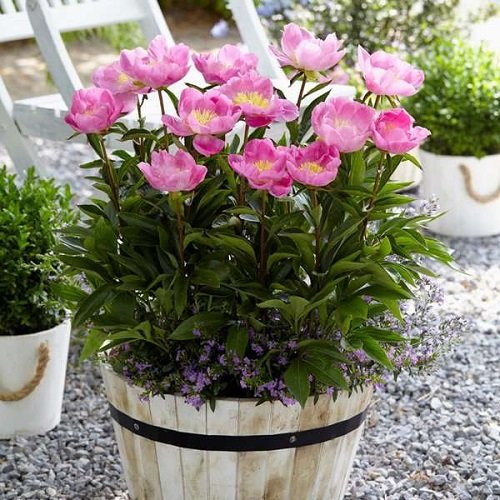
Botanical name: Paeonia
With a hint of sweet, citrusy scent and fluffy flowers, it is a beautifully flowering shrub that can live up to 100 years.
25. Poppy
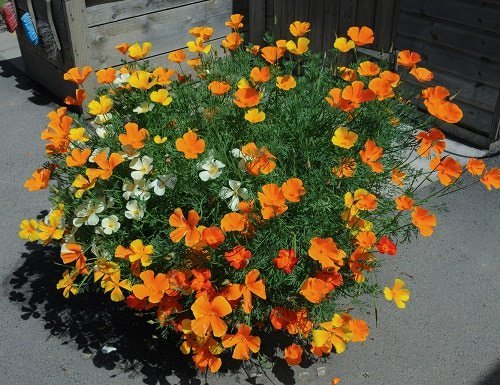
Botanical name: Papaver
Poppies are ephemeral flowers; They also fade quickly, usually within just two days in vases. You can use them as cut flowers if you grow them at home.
26. Purple coneflower
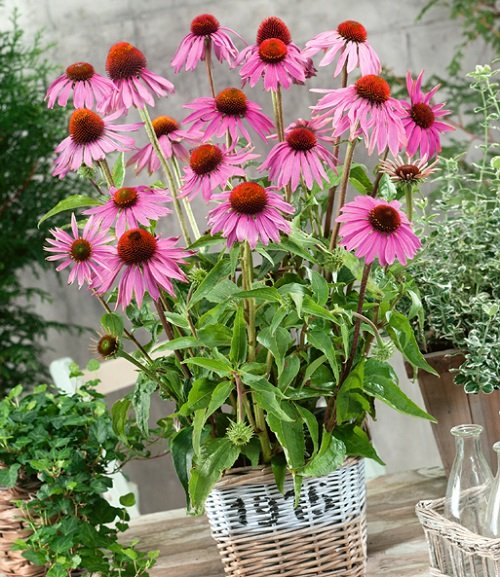
Botanical name: Echinacea purpurea
You’ll be hard-pressed to find a flowering plant easier to care for than this one. Both bees and butterflies enjoy the nectar-rich coneflower flowers.
27. Rose
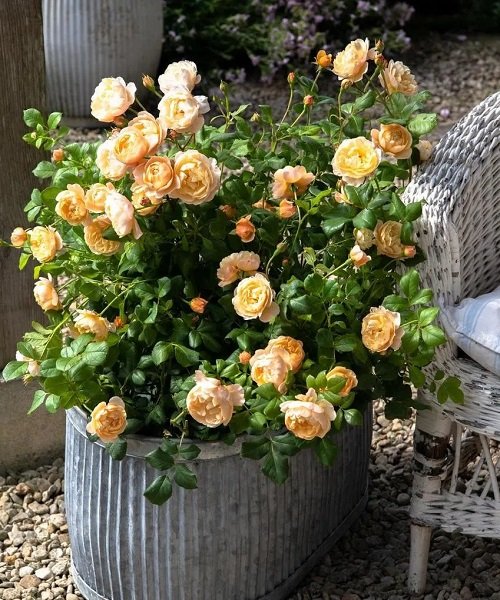
Botanical name: Pink
Rose needs no introduction! It is a flower that everyone loves and grows.
28. Chrysanthemum
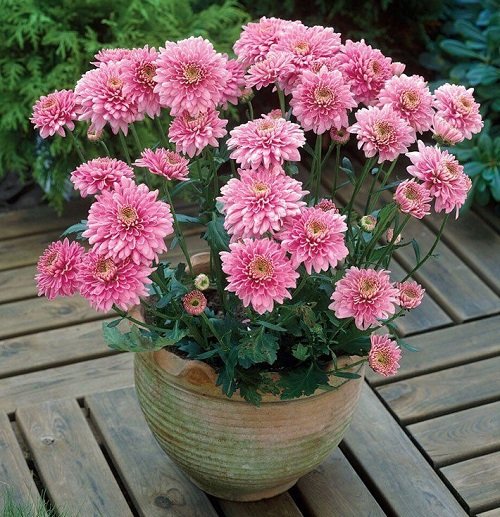
Botanical name: chrysanthemum
Mothers are a reminder of fall, and do you know that they are the second most popular flowers in the world after roses? Learn how to grow mums in pots.
29. Sunflower
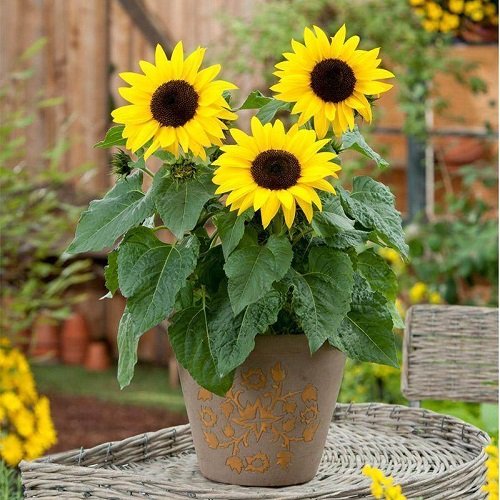
Botanical name: Helianthus
When growing sunflowers as cut flowers, you can choose between single-stemmed and branching varieties. Dwarf varieties are also available for gardeners with limited space.
30. Sweet Pea
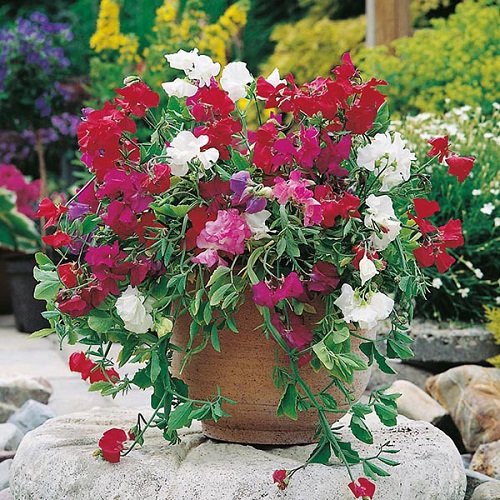
Botanical name: Lathyrus odoratus
Sweet peas are ideal for cut flowers; You can grow annual or perennial varieties. Annual sweet peas smell better!
31. Gerbera daisies
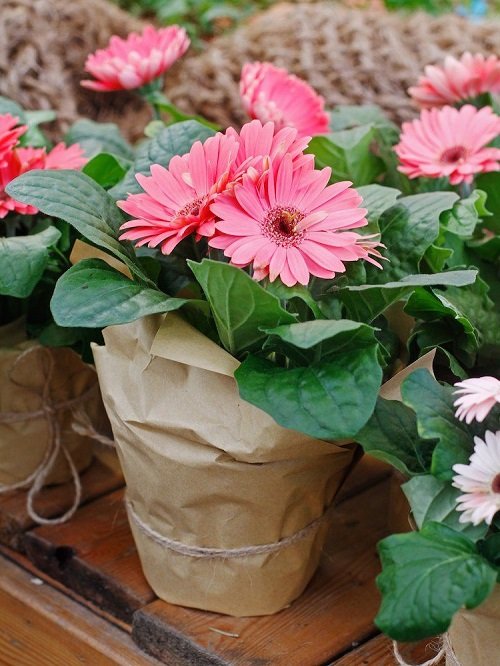
Botanical name: Gerbera jamesonii
Gerbera daisies are popular with florists and can even be grown indoors. Find out more here!
32. Tulip
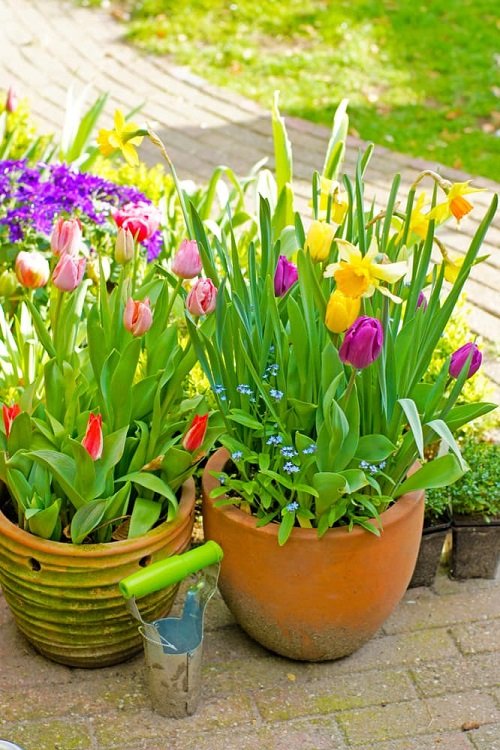
Botanical name: Tulipa
Tulip flowers in spring are a feast for the eyes and can be grown in garden beds and pots.
33. Veronica
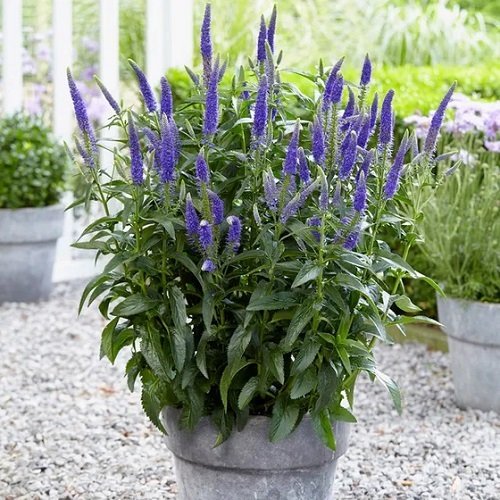
Botanical name: Veronica
Tall Veronica varieties make good cut flowers and are also easy to care for. They are available in blue, pink, white and purple.
34. Yarrow
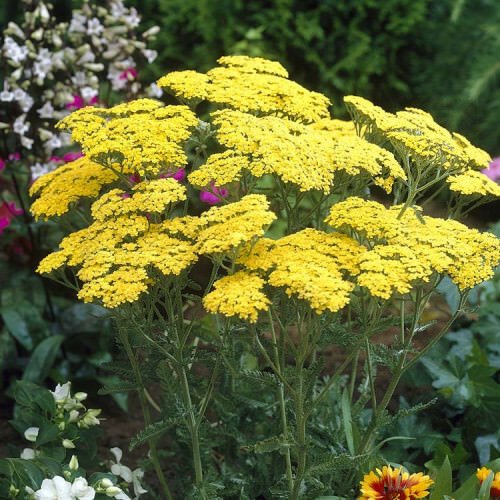
Botanical name: Achillea filipendulina
You can grow fern leaf yarrow to add bright yellow color to your floral arrangements.
35. Zinnia
Botanical name: zinnia
One of the highest yielding and easiest flowering plants to grow –Zinnias are greatand they don’t fade so quickly!
36. Lobster Claws
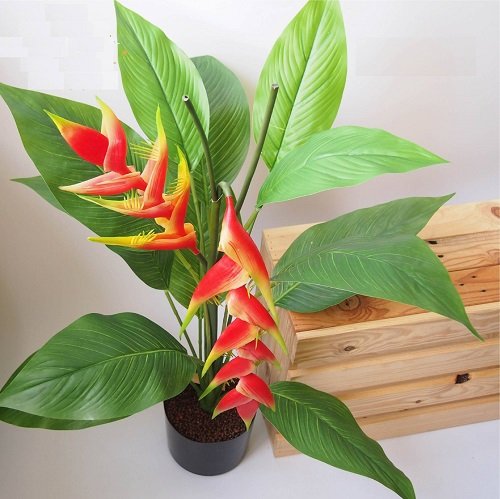
Botanical name: Heliconia
You can grow heliconias in your cuttings garden to give them a tropical touch and get unique blooms as a reward. Let them shine on the plant, but cut them off before they fade to use as cut flowers.
37. Orchid
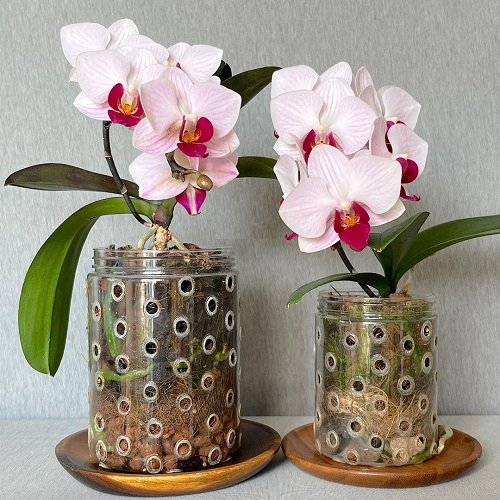
Botanical name: Orchid plants
If roses and tulips are gold, orchids are diamonds in the cut flower business.
38. Anthurium
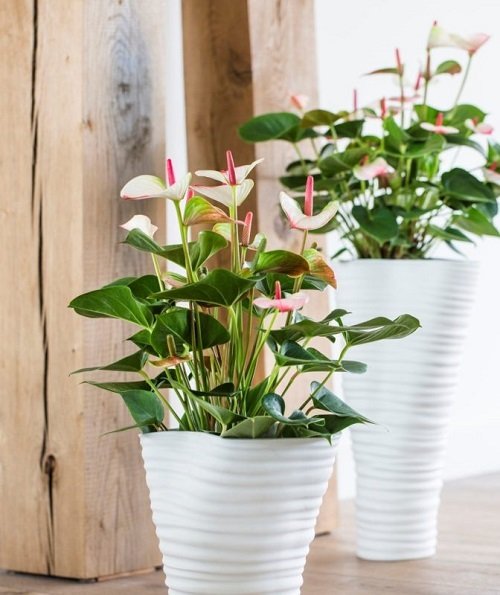
Botanical name: Anthurium
You can grow anthuriums for their attractive heart-shaped bracts. Add them to your floral arrangements. They also make successful houseplants.
39. Hyacinth
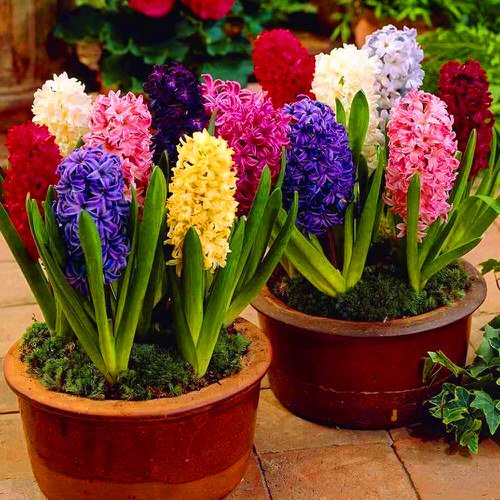
Botanical name: Hyacinths
You can grow both hyacinths and grape hyacinths (muscari) as cut flowers. Their cultivation is somewhat similar.
40. Hydrangea
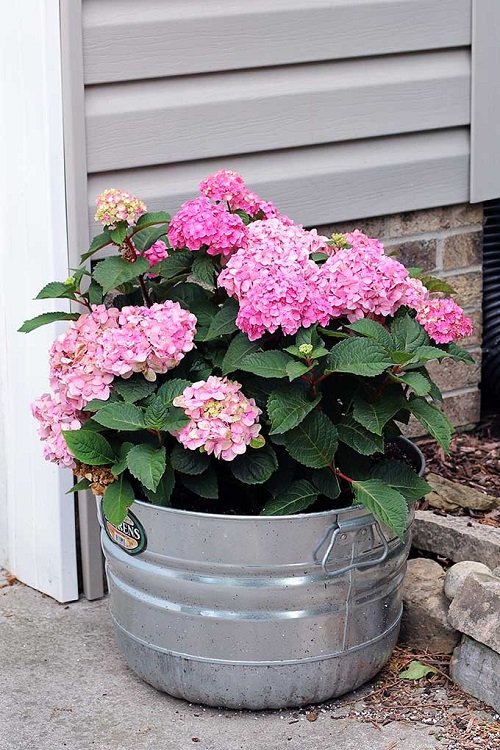
Botanical name: hydrangea
Hydrangeas become popular cut flowers, but they don’t last long and wilt. These tips at wikiHow will help.
41. Snapdragons
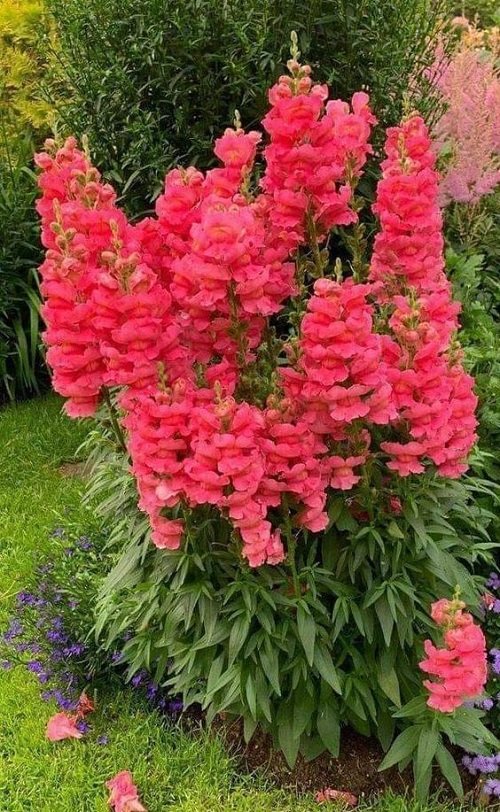
Botanical name: Antirrhinum majus
Snapdragons thrive best in warm climates. They make a wonderful addition to bouquets and vases.
42. Scabiosa
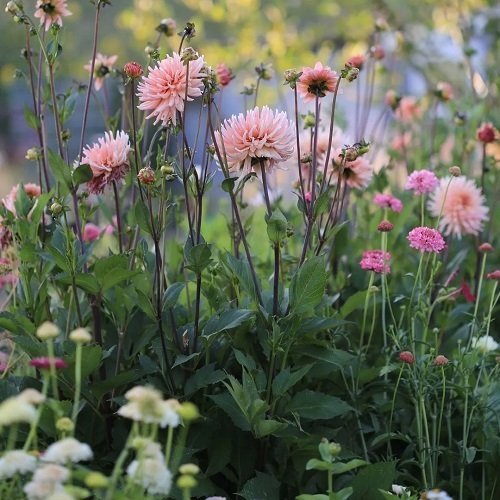
Botanical name: Scabiosa
There are some great Scabiosa varieties like Scabiosa atropurpurea, Scabiosa stellata, And Scabiosa Caucasian which have been a staple for cut flowers for years.
43. Geranium
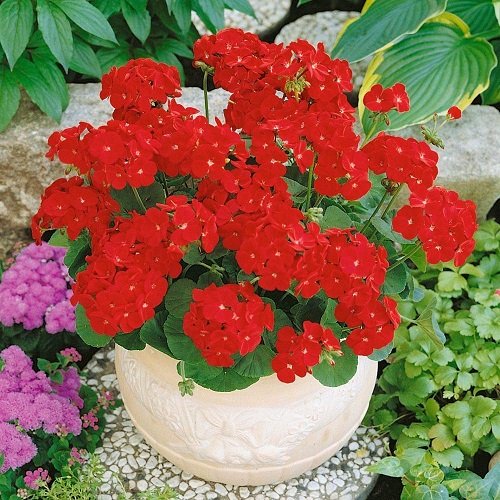
Botanical name: Pelargonium
Store the geranium flower clusters in jars, mason jars or beautiful vases. They can be beautiful decorative pieces for the table. Learn How to Grow Geraniums Indoors!
44. Celosia
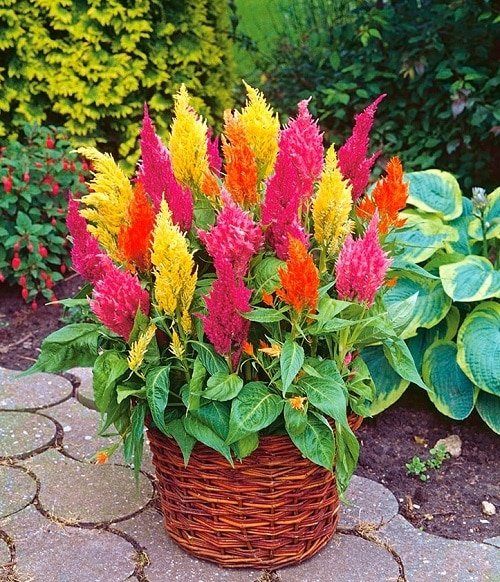
Botanical names: Celosia
There are three species of Celosia: Celosia cristata (cockscomb), Celosia plumosa (plum species) and Celosia spicata (wheat species). They all look great in glass vases.
45. Marigold
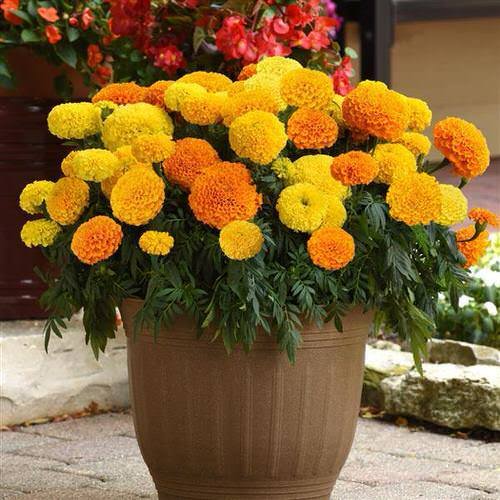
Botanical names: Tagetes species
Marigolds are prized primarily for their fragrant, deep orange and yellow flowers. They make beautiful cut flowers.
46. Bee balm
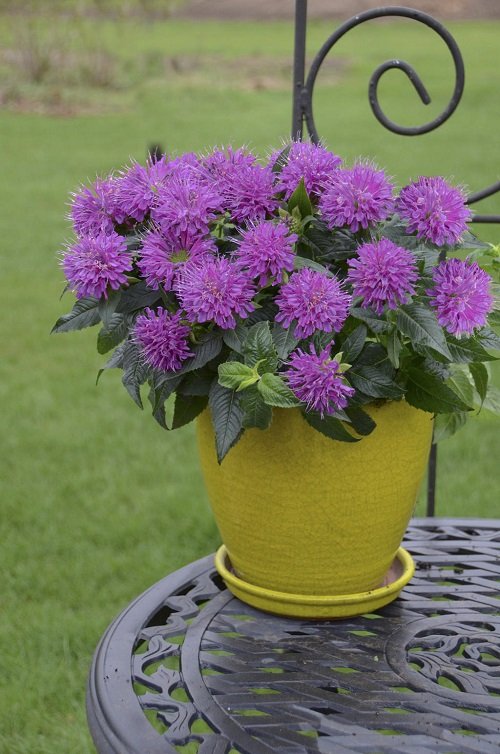
Botanical name: Monarda punctures
All Bee Balm flowers are great for citrus scent and beauty.
47. Goldenrod
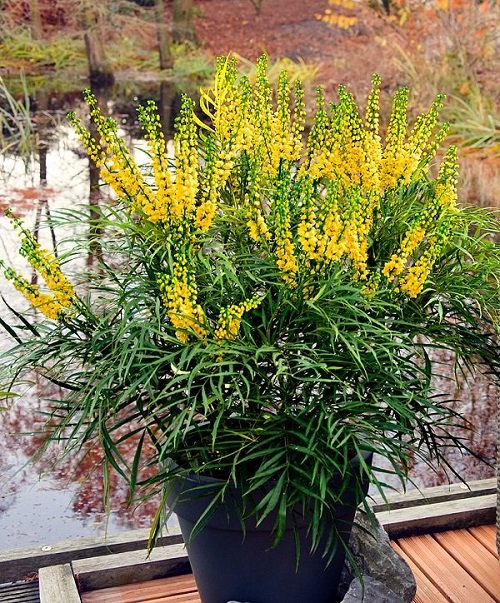
Botanical name: Solidago
48. Strawflower
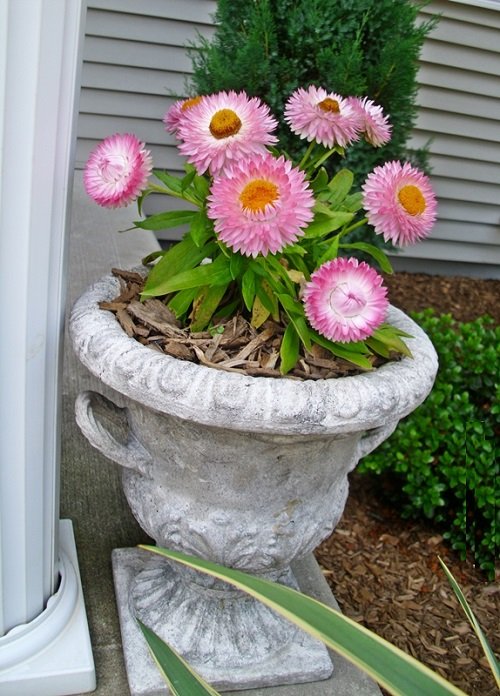
Botanical name: Xerochrysum bracteatum
With its warm orange, yellow, red and pink tones, the strawflower looks like the perfect cut flower in any fall or summer bouquet.
49. Jupiter’s beard
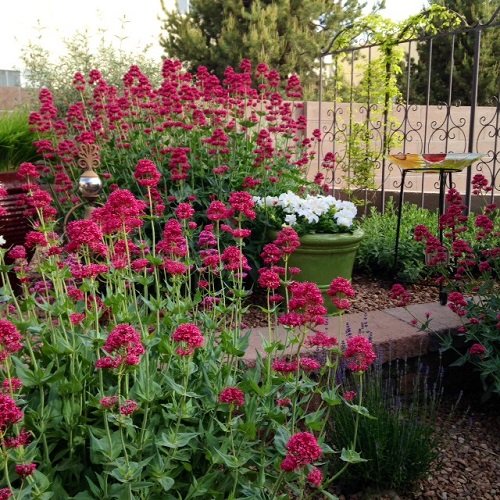
Botanical name: Centranthus ruber
Jupiter’s Beard is an ever-blooming Old World wildflower with clusters of tiny dark red flowers held above deep green foliage.
50. Geum
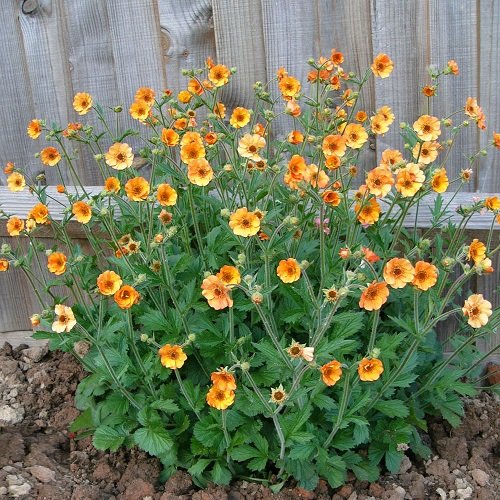
Botanical name: Geum coccineum
Pretty and delicate geums provide color all summer long and make interesting cut flowers.






